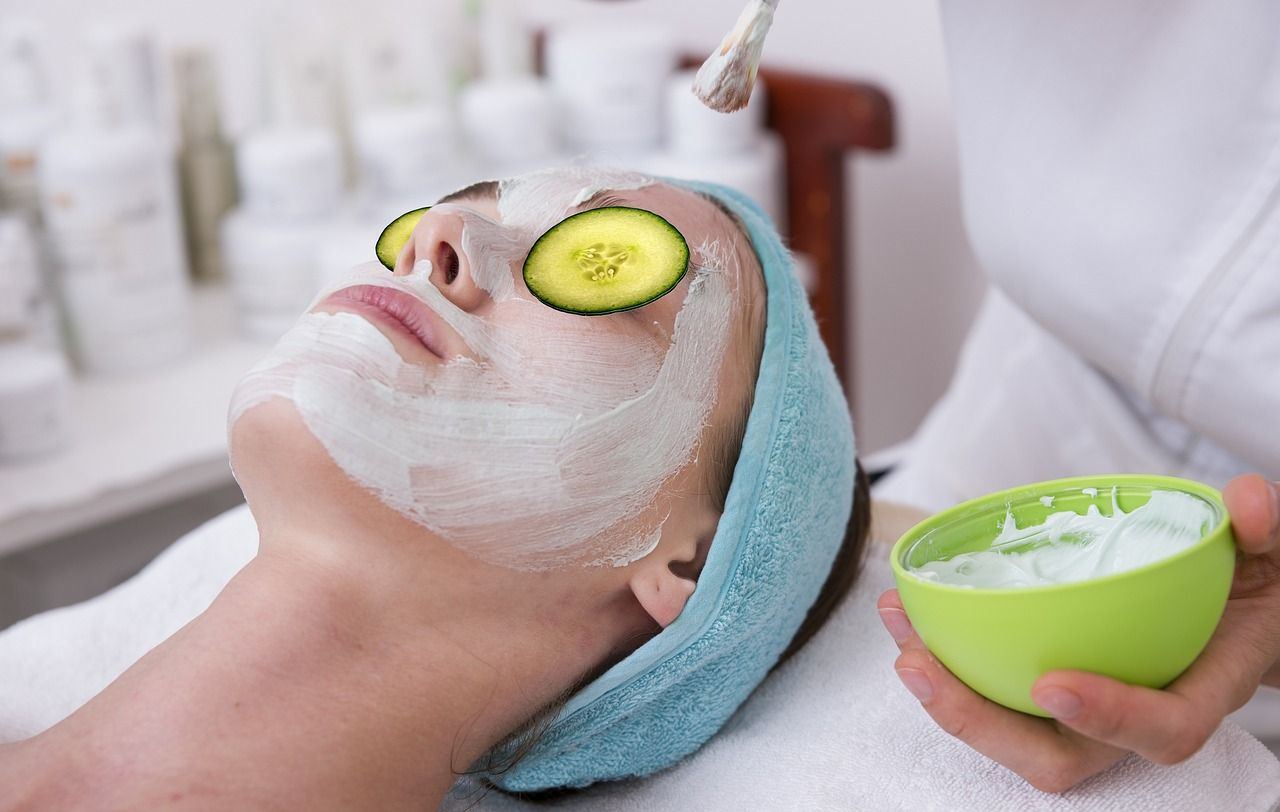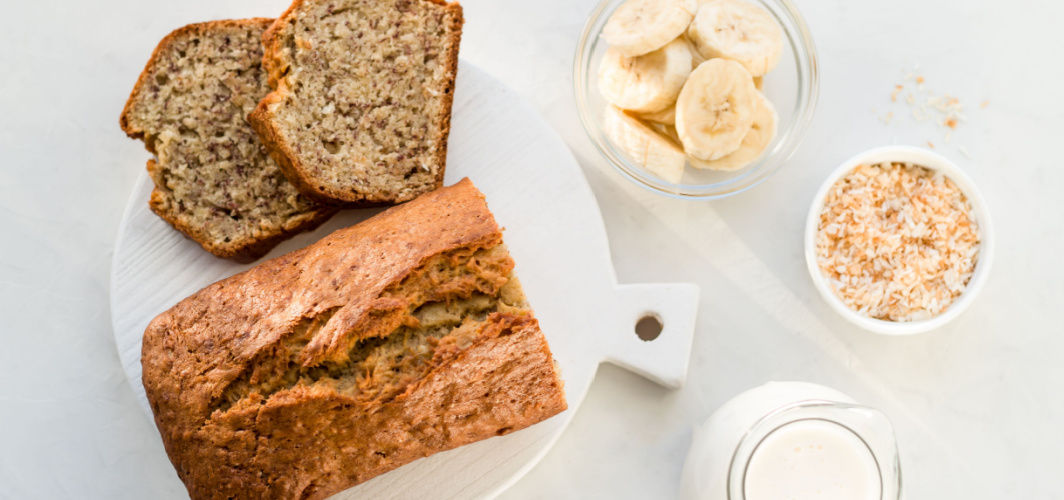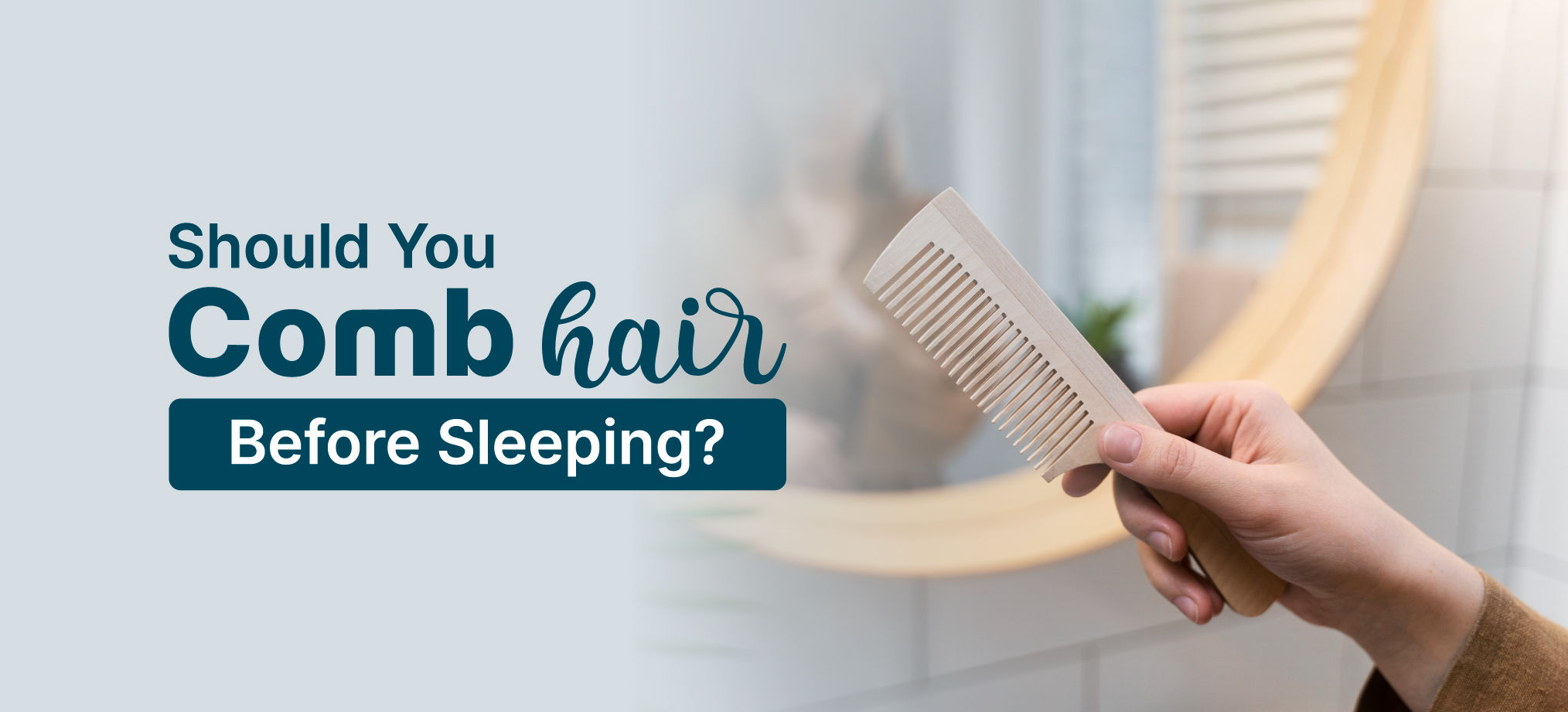General Health
5 Step Skin Care Routine For A Natural Glow
4 min read
By Apollo Pharmacy - 31 January 2024, Updated on - 16 September 2025
Share this article
0
1 like

Everyone desires to have a healthy and radiant complexion. However, amid constant exposure to environmental pollutants, UV radiation, and harsh chemicals, our skin loses its radiant glow. Nonetheless, you can combat the effect of these factors by having a well-designed skin care routine. Continue reading to know how to take care of skin and maintain a healthy complexion while performing a daily skin care routine at home.
How to Know About Your Skin Type?
Each individual has a unique skin type that requires specific care. Understanding your skin type is essential for maintaining healthy and glowing skin. The four main skin types are:
1. Oily Skin: If your face tends to look shiny and feels greasy throughout the day, you likely have oily skin. You may experience frequent breakouts.
2. Dry Skin: Dry skin often feels tight, itchy, and rough. It may appear flaky and prone to fine lines and wrinkles.
3. Combination Skin: Combination skin is a combination of oily and dry areas. Typically, the T-zone (forehead, nose, and chin) is oilier, while the cheeks are drier.
4. Sensitive Skin: Sensitive skin is easily irritated, reacts to certain products or environmental factors, and may experience redness or itching.
Once you know your skin type, you can tailor your daily skin care routine at home accordingly to keep your skin in its best condition.
STEP 1: Cleansing the Skin
The first crucial step in your daily skin care routine at home is cleansing. Cleansing helps remove dirt, oil, makeup, and other impurities that accumulate on your skin. Different cleansers are formulated to address specific concerns.
- For oily or acne-prone skin, look for a cleanser with salicylic acid to help control excess oil and unclog pores.
- Dry or sensitive skin types can benefit from gentle cleansers that hydrate and soothe the skin.
It's best to avoid harsh soaps or cleansers with alcohol as they can strip away skin's natural oils. Make sure to cleanse your face twice a day – once in the morning and once before bed – to keep your skin clean and refreshed.
STEP 2: Exfoliating the Skin
Exfoliation involves the removal of dead skin cells from the surface of your skin, revealing a fresh and radiant complexion. Let's explore how to choose the right exfoliator for your skin type.
- For oily or acne-prone skin, look for exfoliators containing salicylic acid or benzoyl peroxide. These ingredients help to unclog pores and control excess oil production.
- Dry or mature skin types can benefit from exfoliators with moisturizing ingredients like glycerin or hyaluronic acid. These help to hydrate the skin while sloughing away dead cells.
If you have sensitive skin, opt for a gentle exfoliator with ingredients like jojoba beads or fruit enzymes.
For best results, exfoliate not more than 2 times a week as over-exfoliating can lead to skin sensitivity and damage.
STEP 3: Toning the Skin
A toner balances the pH level of your skin and removes any remaining impurities. It also prepares your skin for the next steps, such as moisturizing and applying serums.
- If you have dry or sensitive skin, look for a gentle, hydrating toner that will soothe and moisturize your skin. Opt for toners with ingredients like rose water to soothe and moisturize your skin.
- For oily or acne-prone skin, opt for toners with ingredients like salicylic acid or tea tree oil to control excess oil production and prevent breakouts.
By incorporating toning into your daily skin care routine at home, you can achieve balanced and healthy-looking skin.
STEP 4: Moisturizing the Skin
Moisturizing offers numerous benefits that go beyond just keeping your skin feeling soft and supple. Let's learn why moisturizing is so important and how it can benefit different skin types.
1. Hydration: Moisturizers help to hydrate your skin by replenishing the water content. They often contain vitamin E, which prevents moisture loss from the skin.
2. Skin Protection: Moisturizers act as a protective layer against external factors like pollution, UV rays, and harsh weather conditions.
3. Anti-Aging Effects: Proper hydration through moisturizers can help reduce the appearance of fine lines and wrinkles, giving you a youthful-looking complexion.
Dry skin can benefit from rich, creamy moisturizers that provide intense hydration, while those with oily skin may prefer lightweight, oil-free formulas that won't clog pores.
STEP 5: Sun Protection
Sunscreen protects against the harmful effects of the sun's ultraviolet (UV) radiation. When selecting a sunscreen, consider two important factors:
- Sun Protection Factor (SPF): SPF determines how well the sunscreen protects against UVB rays, primarily responsible for sunburns. Higher SPF numbers offer greater protection but keep in mind that no sunscreen can provide 100% protection.
- Skin type: If you have oily or acne-prone skin, opt for oil-free and non-comedogenic formulas that won't clog pores. Dry skin may benefit from a moisturizing sunscreen with hydrating ingredients.
Establishing a daily skin care routine at home can give you glowing skin and boost your confidence. Now that you have the answer to how to take care of skin, remember that consistency is key when it comes to achieving and maintaining beautiful skin.
General Health
Consult Top Dermatologists
View AllFrequently Asked Questions
What are the essential steps of a daily skin care routine?
What are the essential steps of a daily skin care routine?
What should I look for in a moisturizer?
What should I look for in a moisturizer?
Are natural skin care products better?
Are natural skin care products better?
Can I skip sunscreen if I'm indoors all day?
Can I skip sunscreen if I'm indoors all day?
Should I use toner after cleansing?
Should I use toner after cleansing?
Leave Comment
Recommended for you

General Health
5 Healthy Breakfast Options With Just 5 Easily Available Ingredients Each
You need to take breakfast seriously. You can easily sprinkle some life into your daily breakfast regime by researching a few new healthy delicacies that do not require too many ingredients but will satisfy your tastebuds while maintaining good health.

General Health
Most Common Sleeping Habits: Identify The Good & Bad Ones
Getting enough sleep for at least 7-8 hours daily is very important to ensure good health. The quality and amount of sleep you get depends on a myriad of factors, of which the most important one is your sleeping habits.

General Health
Loud Snoring: Is It Normal Or A Sign Of Sleep Apnoea?
Sleep apnoea is a potentially fatal condition that can cause sudden breathing obstruction during sleep. This article addresses the signs and treatment options of this serious condition.
Subscribe
Sign up for our free Health Library Daily Newsletter
Get doctor-approved health tips, news, and more.
Visual Stories

Could There Be More to Your Snore?
Tap to continue exploring
Recommended for you

General Health
5 Healthy Breakfast Options With Just 5 Easily Available Ingredients Each
You need to take breakfast seriously. You can easily sprinkle some life into your daily breakfast regime by researching a few new healthy delicacies that do not require too many ingredients but will satisfy your tastebuds while maintaining good health.

General Health
Most Common Sleeping Habits: Identify The Good & Bad Ones
Getting enough sleep for at least 7-8 hours daily is very important to ensure good health. The quality and amount of sleep you get depends on a myriad of factors, of which the most important one is your sleeping habits.

General Health
Loud Snoring: Is It Normal Or A Sign Of Sleep Apnoea?
Sleep apnoea is a potentially fatal condition that can cause sudden breathing obstruction during sleep. This article addresses the signs and treatment options of this serious condition.